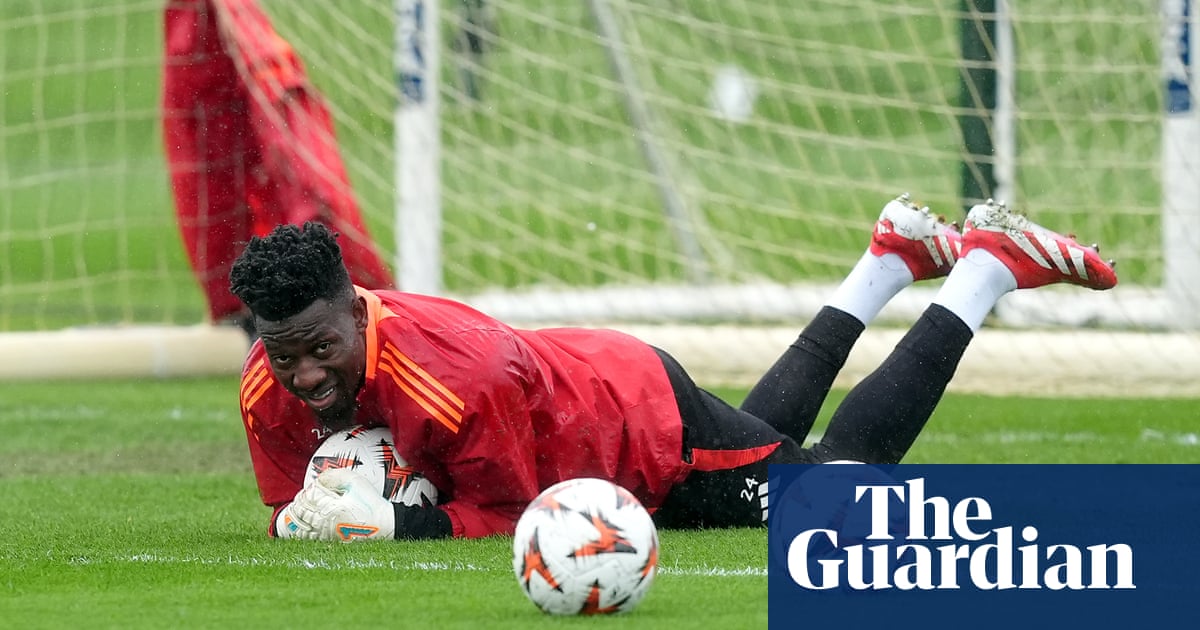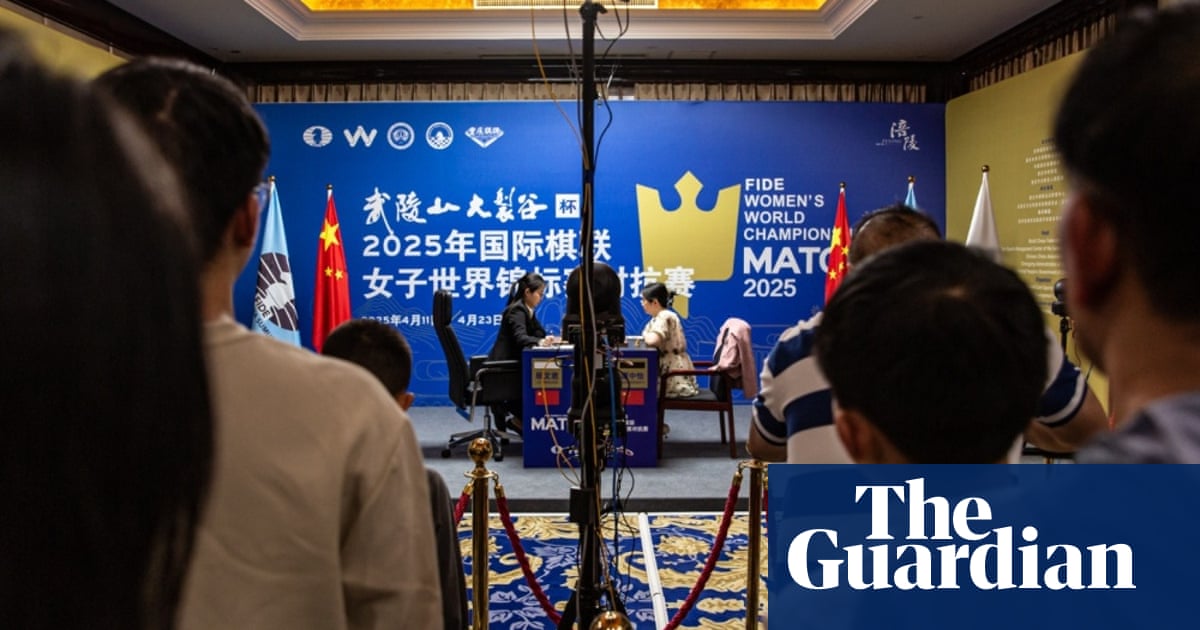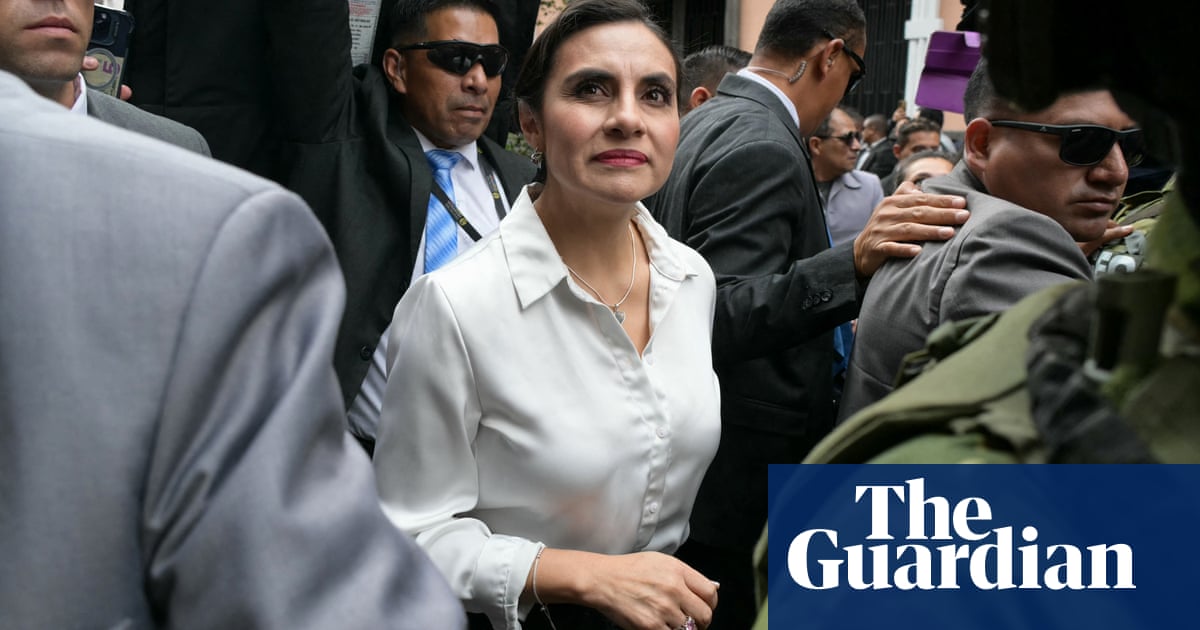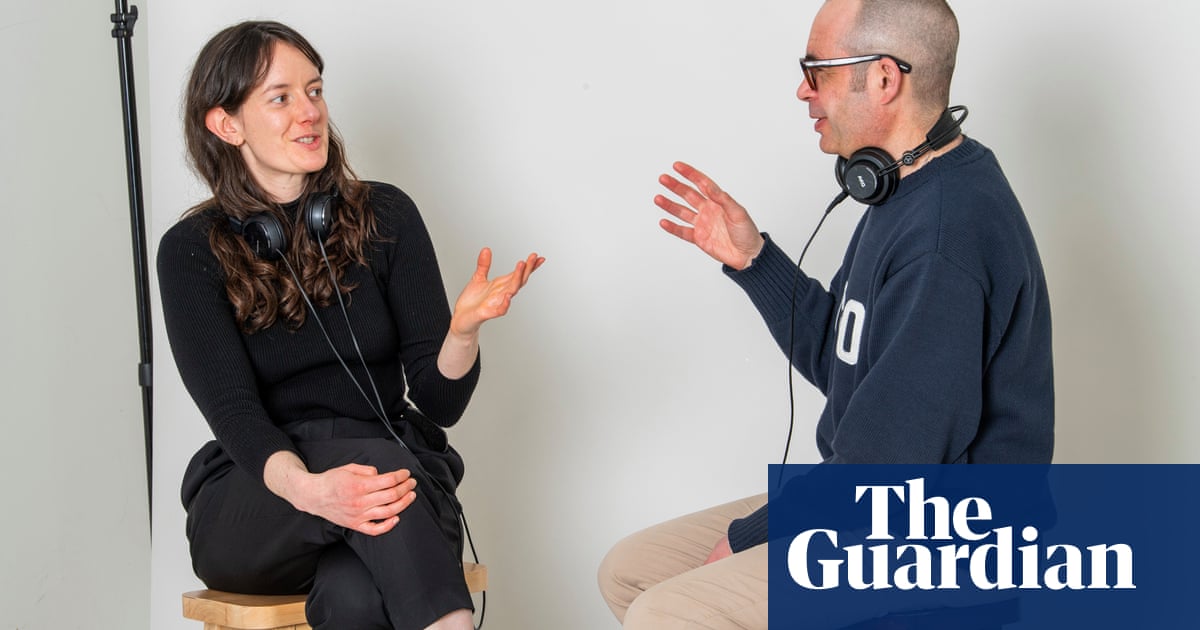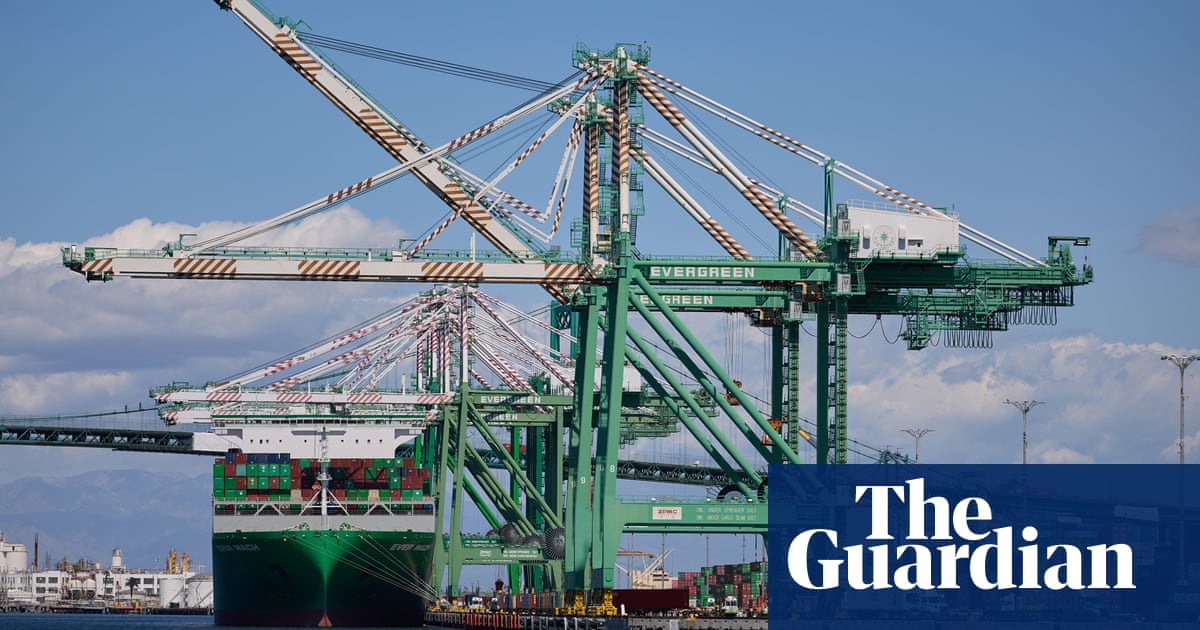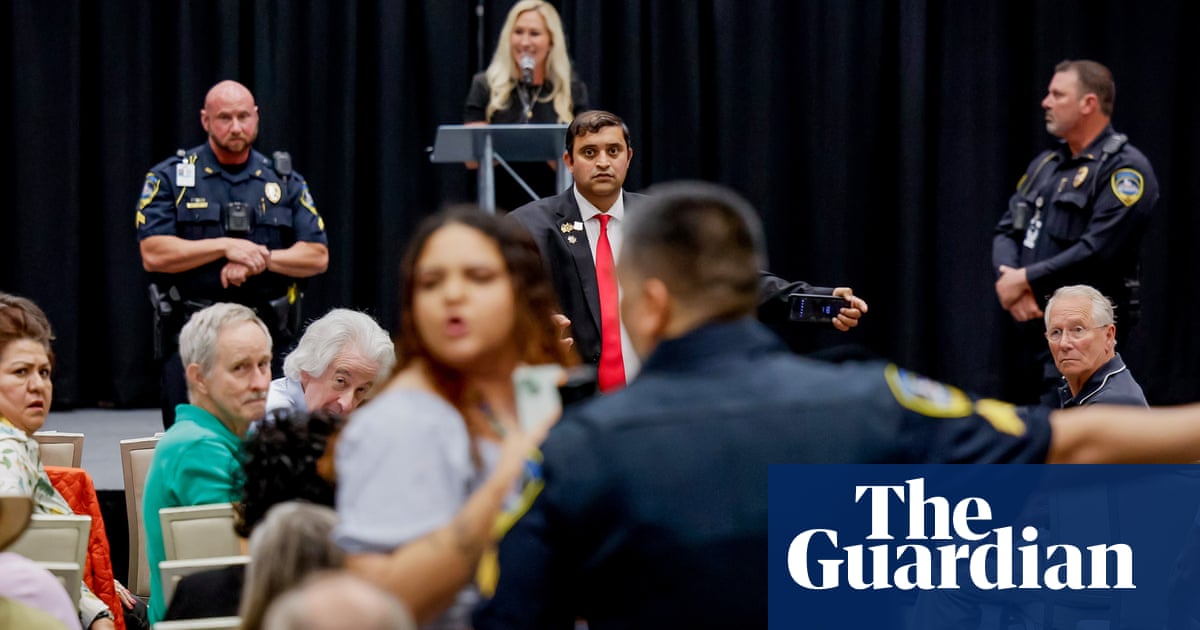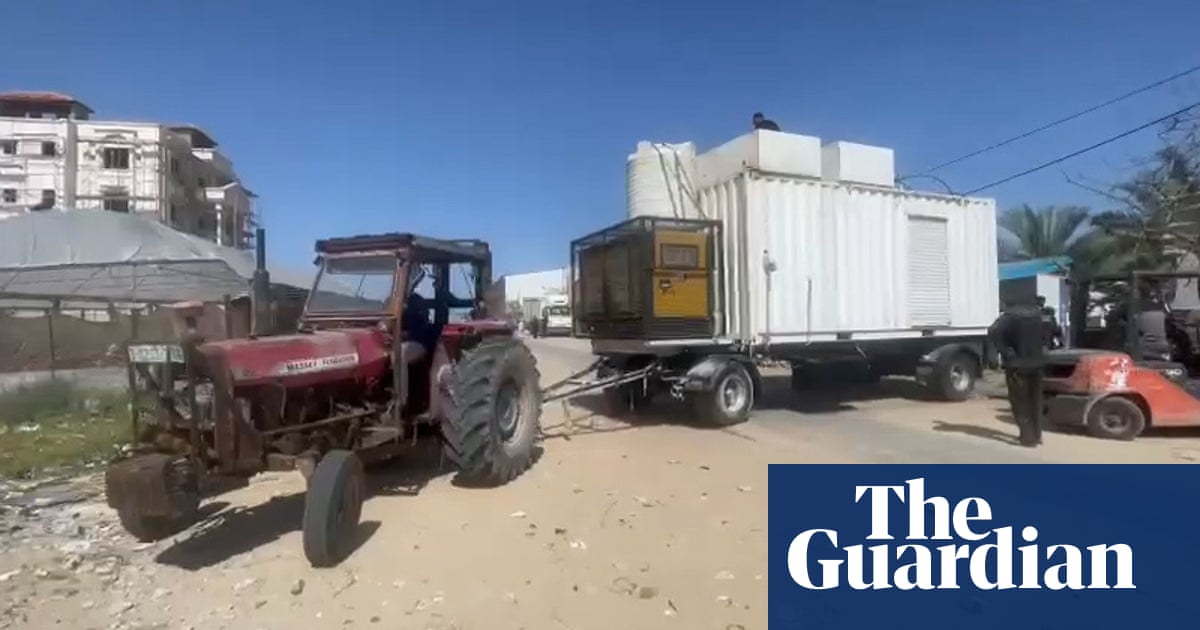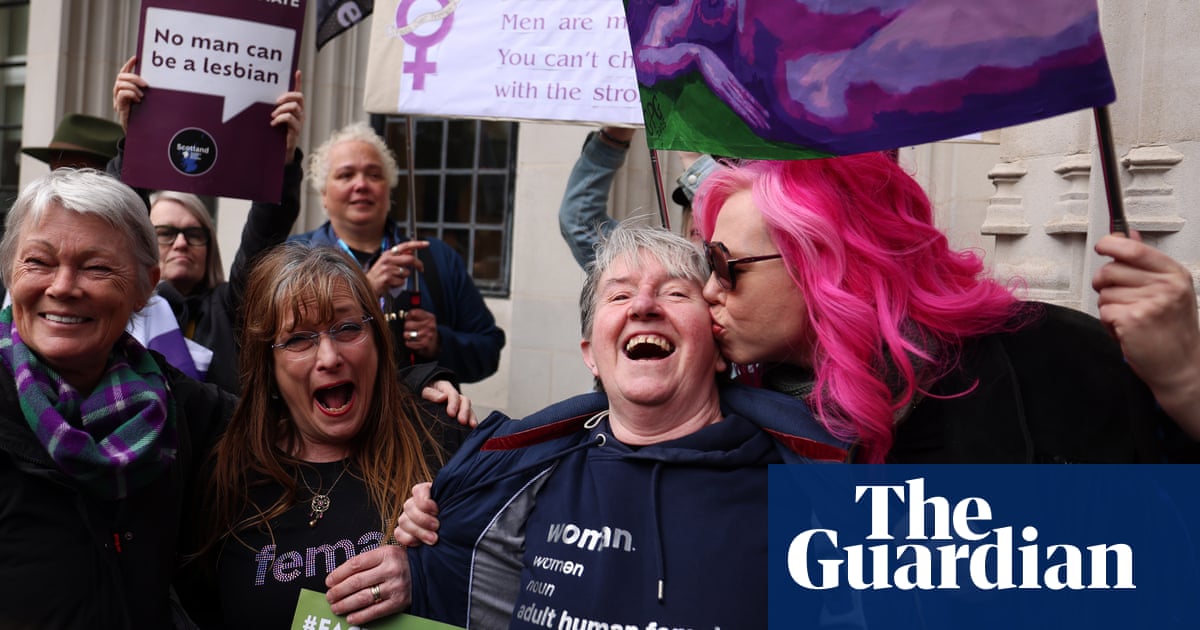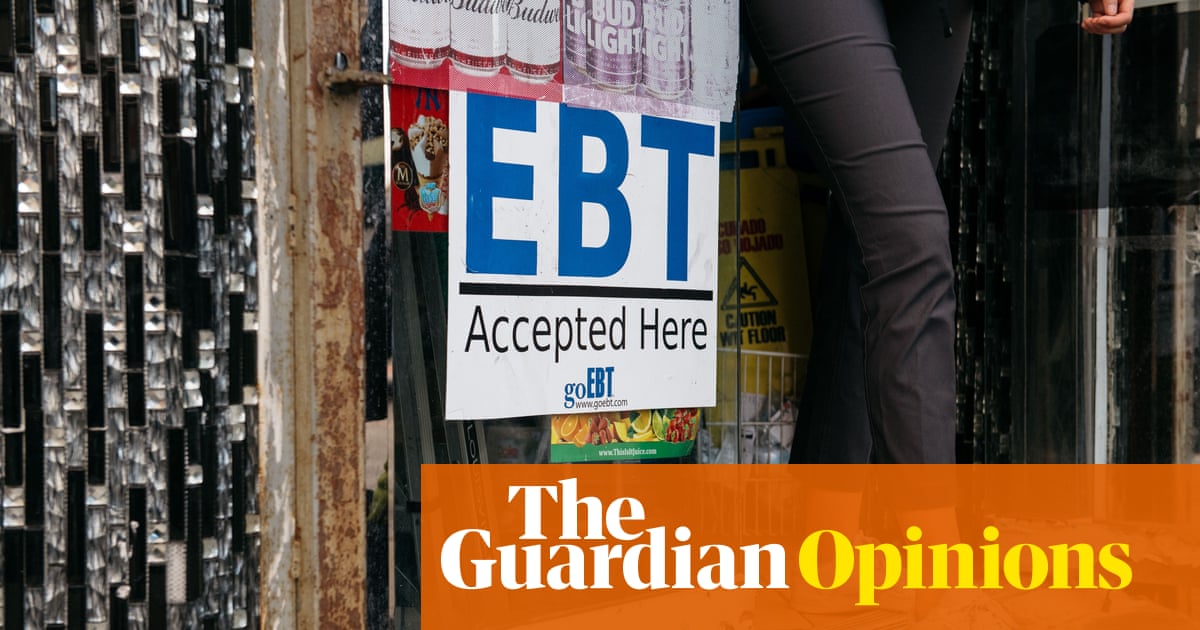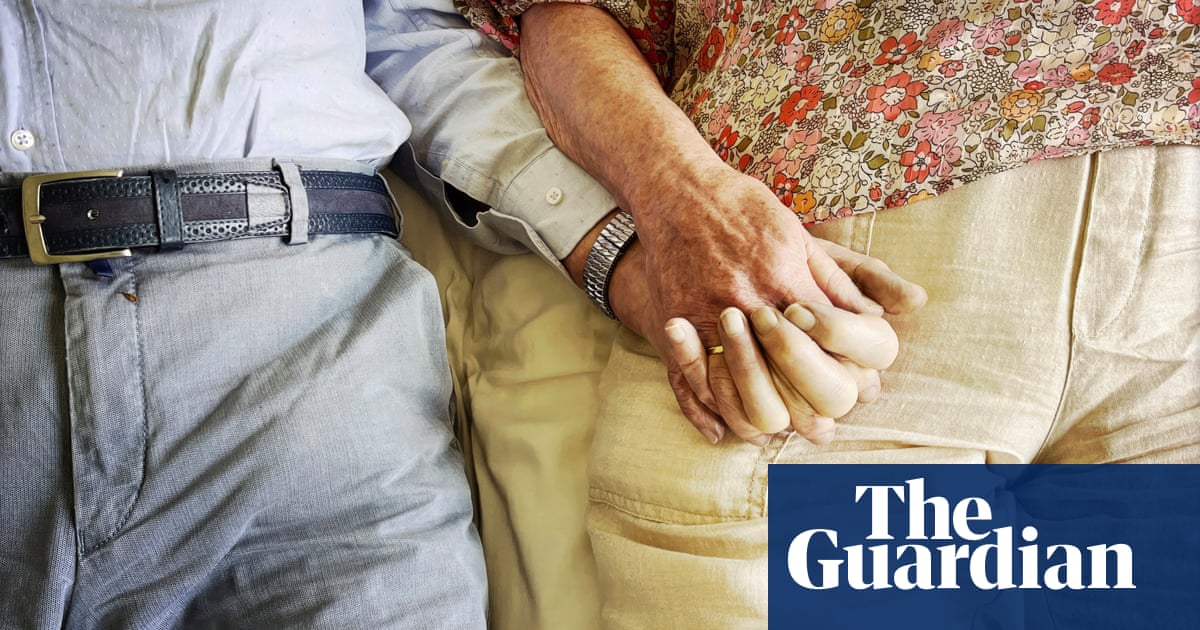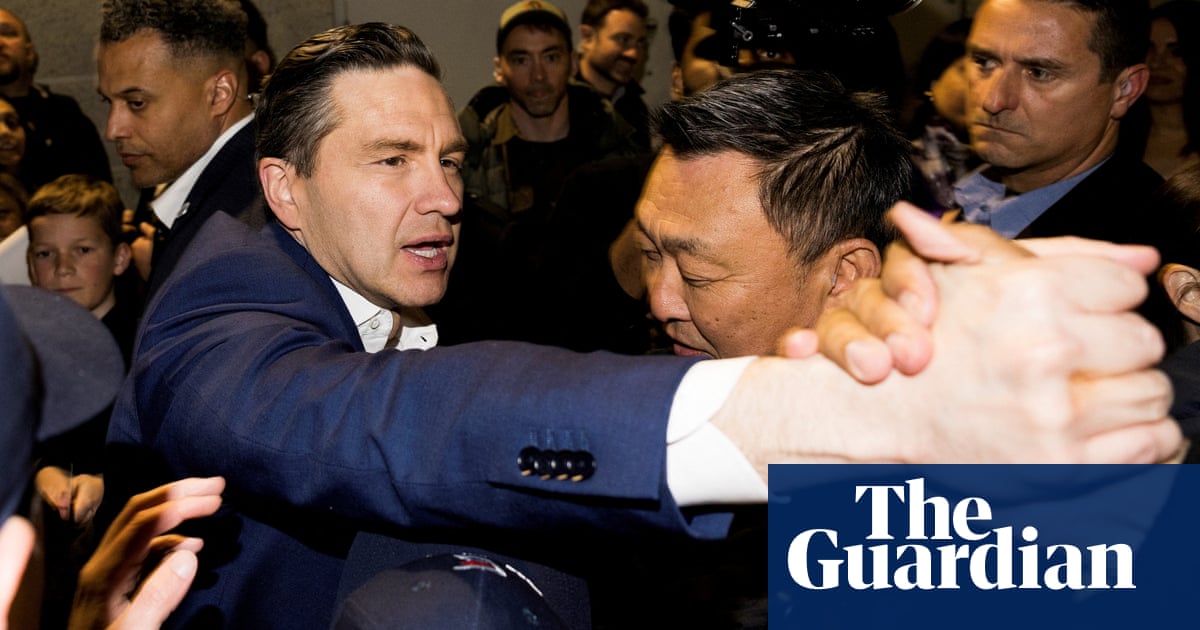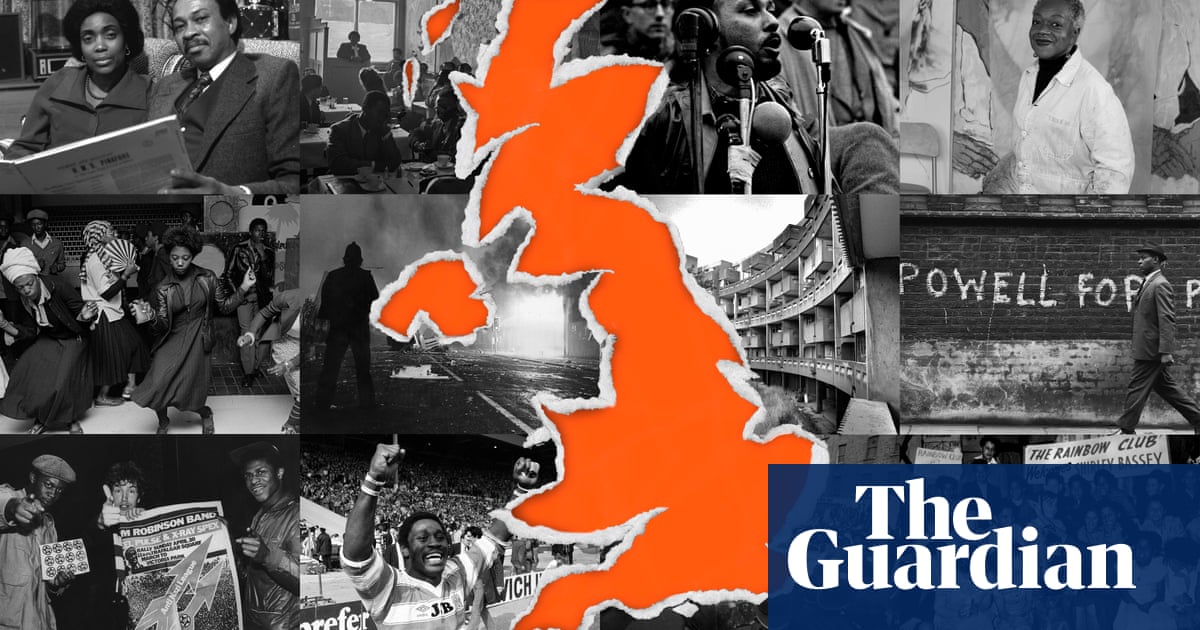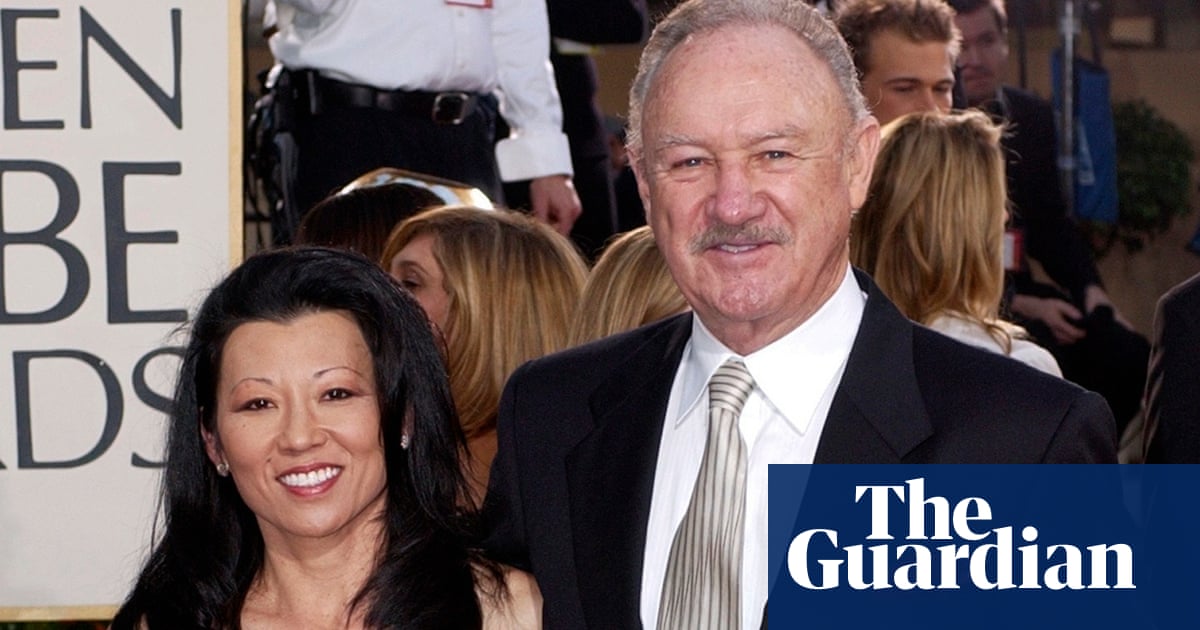Sudan is suffering from the largest humanitarian crisis globally and its civilians are continuing to pay the price for inaction by the international community, NGOs and the UN have said, as the country’s civil war enters its third year.
Two years to the day since fighting erupted in Khartoum between the Sudanese army and the paramilitary Rapid Support Forces, hundreds of people were feared to have died in RSF attacks on refugee camps in the western Darfur region in the latest apparent atrocity of a war marked by its brutality and wide-scale humanitarian impact.
The consequences for Sudan’s 51 million people have been devastating. Tens of thousands are reportedly dead. Hundreds of thousands face famine. Almost 13 million people have been displaced, 4 million of those to neighbouring countries.
“Sudan is now worse off than ever before,” said Elise Nalbandian, Oxfam’s regional advocacy manager. “The largest humanitarian crisis, largest displacement crisis, largest hunger crisis … It’s breaking all sorts of wrong records.”
There were “massive-scale” violations of international humanitarian law in the conflict, said Daniel O’Malley, the head of the International Committee of the Red Cross delegation in Sudan. “All of the civilian population, irrespective of where they are in the country, have basically been trapped between one, two or more parties. And they have been bearing the brunt of everything. The sheer numbers are just mind-boggling.”
Last month, Sudan’s military recaptured the highly symbolic presidential palace in Khartoum and it has retaken most of the capital. But in much of the country, the conflict rages on. Sources cited by the UN reported that more than 400 people had been killed in recent attacks by the RSF in Darfur, where the group is trying to seize El Fasher, the last state capital in the region not under its control.
Since late last week, the RSF has launched ground and aerial assaults on El Fasher itself and the nearby Zamzam and Abu Shouk displacement camps. A UN spokesperson told Agence France-Presse that the UN’s rights office had verified 148 killings and received reports from “credible sources” that the total number of dead exceeded 400.
Reuters reported that data from the UN’s International Organization for Migration suggested that up to 400,000 people had been displaced from the Zamzam camp alone since the weekend.
In a statement the UN rights chief, Volker Türk, said the “large-scale attacks … made starkly clear the cost of inaction by the international community, despite my repeated warnings of heightened risk for civilians in the area”.
He added: “The attacks have exacerbated an already dire protection and humanitarian crisis in a city that has endured a devastating RSF siege since May last year.”
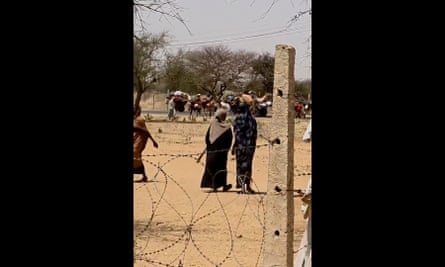
El Fasher is one of several areas of Darfur where a famine, affecting about 637,000 people, has been declared. Almost half the 50-million population of Sudan – 24.6 million people – do not have enough food.
The UK is hosting ministers from 20 countries in London on Tuesday in an attempt to restart stalled peace talks. However, diplomatic efforts have often been sidelined by other crises, including the wars in Ukraine and Gaza.
Leni Kinzli, the World Food Programme’s head of communications for Sudan, said the other conflicts, as well as a lack of access for journalists, and Sudan’s relative international isolation since the days of the regime of the ousted dictator Omar al-Bashir all meant Sudan was not getting the attention it needed.
“We don’t see the level of international attention on Sudan as we do for other crises,” she said. “There should not be a competition between crises. But unfortunately we’re seeing with everything going on in the world, other conflicts, other humanitarian crises and other things making headlines, that unfortunately Sudan is – I wouldn’t even call it forgotten – it’s ignored.”
The origins of the war can be traced to late 2018, when popular protests broke out against the Sudanese dictator Bashir. Sudan’s army leader, Gen Abdel Fattah al-Burhan, allied with the RSF chief, Gen Mohamed Hamdan Dagalo, a former warlord known as Hemedti, to oust Bashir in a coup in April 2019.
They then allied again in 2021 to depose a civilian government meant to transition Sudan to a democracy. However, Hemedti had long coveted ultimate power for himself, and the friction between the two spiralled into full-on war less than two years later.
The RSF, a paramilitary force that grew out of the Janjaweed Arab militias accused of committing genocide in the Darfur region in the mid-2000s, made rapid gains in the first weeks and months, as the fighting spread beyond Khartoum.
In Darfur thousands of people died in the first year of the war, in well-documented attacks by the RSF and allied militias on non-Arab Masalit and other ethnic groups. Masalit refugees who had fled west to Chad recounted women and girls being targeted for gang rapes and boys shot in the street. Militia fighters said they would force women to have “Arab babies”, according to a UN report released in November 2024.
The RSF and the army have both been accused of committing war crimes in the course of the conflict.
In January of this year the US formally declared that the RSF had committed genocide, marking the second time in less than 30 years that genocide had been perpetrated in Sudan.
The United Arab Emirates has been accused of fuelling the conflict by arming the RSF. Emirati passports allegedly found on the battlefield last year point to potential covert boots on the ground. The UAE has denied all involvement in the war.

 1 day ago
9
1 day ago
9
